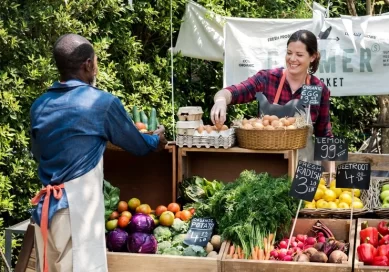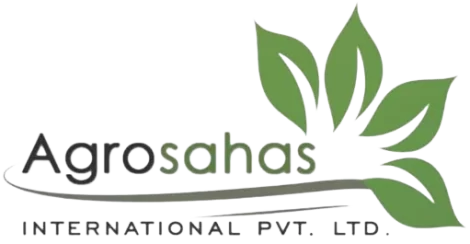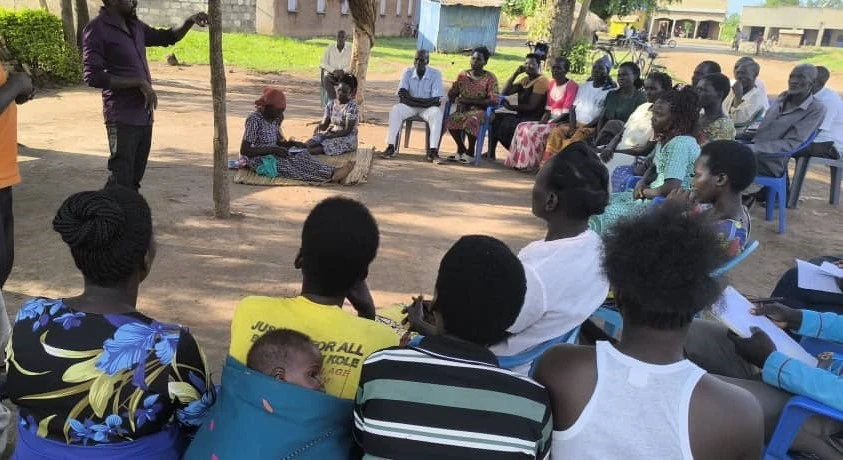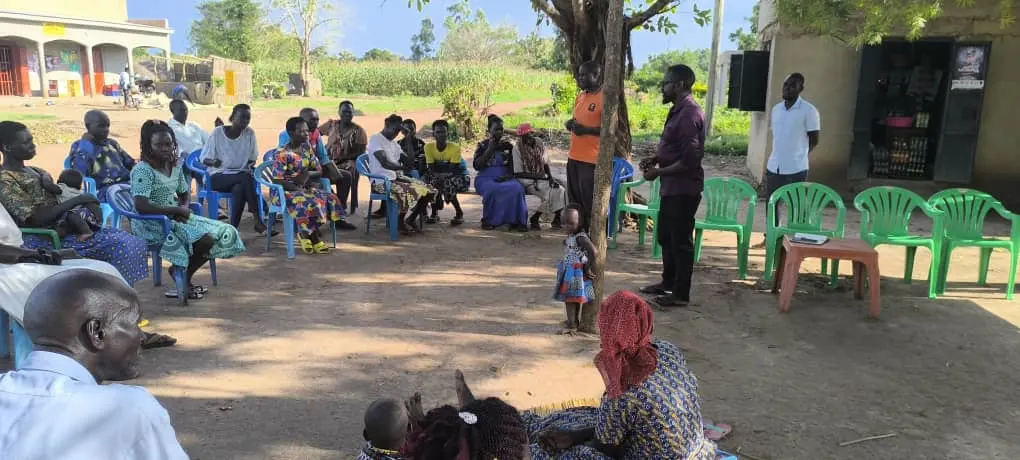Food security is a critical issue affecting millions of people worldwide, especially in developing countries like Uganda. At Agrosahas International PVT LTD, we are dedicated to addressing this challenge by promoting sustainable agricultural practices and ensuring access to nutritious food for all. In this blog post, we will explore how we can ensure food security in Uganda, the role of food security in nutrition, the elements of a sustainable food system, and what it means to provide safe and nutritious food for everyone.
How Can We Ensure Food Security in Uganda?
Ensuring food security in Uganda involves a multifaceted approach that includes improving agricultural productivity, enhancing supply chains, and implementing supportive policies. Here are key strategies:
- Enhancing Agricultural Productivity:
Training and Education: Providing farmers with training on modern farming techniques and sustainable practices to increase crop yields.
Access to Resources: Ensuring farmers have access to quality seeds, fertilizers, and farming equipment.
Research and Development: Investing in agricultural research to develop high-yield and disease-resistant crop varieties.
- Strengthening Supply Chains:
Infrastructure Development: Building better roads, storage facilities, and market infrastructure to reduce post-harvest losses and improve market access.
Market Linkages: Creating direct links between farmers and markets to ensure fair prices and reduce exploitation by middlemen.
- Supportive Policies and Programs:
Government Support: Advocating for policies that support smallholder farmers, such as subsidies, credit facilities, and crop insurance.
Community Engagement: Involving local communities in decision-making processes to ensure policies and programs meet their specific needs.

What is the Role of Food Security in Nutrition?
Food security plays a vital role in ensuring good nutrition. It goes beyond mere availability of food to include access to a variety of nutritious foods that support a healthy diet. Here’s how food security impacts nutrition:
- Diverse Diets: Food security ensures that individuals have access to a variety of foods, including fruits, vegetables, proteins, and grains, which are essential for a balanced diet.
- Preventing Malnutrition: Consistent access to nutritious food helps prevent malnutrition, which can lead to stunted growth in children, weakened immune systems, and other health issues.
- Improving Health Outcomes: Good nutrition, facilitated by food security, reduces the incidence of diet-related diseases such as diabetes, heart disease, and obesity.
What is a Sustainable Food System for Food Security and Nutrition?
A sustainable food system is one that delivers food security and nutrition for all without compromising the economic, social, and environmental bases for future generations. Key elements include:
- Sustainable Agricultural Practices:
Agroforestry: Integrating trees and shrubs into agricultural landscapes to enhance biodiversity, improve soil health, and provide additional sources of food and income.
Crop Rotation and Diversification: Using diverse cropping systems to maintain soil fertility and reduce pest and disease risks.
- Efficient Resource Use:
Water Management: Implementing efficient irrigation systems and water conservation practices to ensure water resources are used sustainably.
Renewable Energy: Utilizing renewable energy sources, such as solar and wind, to power agricultural activities and reduce the carbon footprint.
- Resilient Supply Chains:
Local Sourcing: Encouraging local production and consumption to reduce dependency on imported foods and enhance food security.
Community Support: Strengthening local food systems through community-supported agriculture (CSA) and farmers’ markets.

What is Access to Safe and Nutritious Food for All?
Access to safe and nutritious food means that all individuals have the physical and economic ability to obtain sufficient, safe, and nutritious food that meets their dietary needs for an active and healthy life. This involves:
- Food Safety: Ensuring that food is free from contaminants and safe for consumption through proper handling, processing, and storage practices.
- Economic Access: Making food affordable for all income levels by supporting local economies and providing financial assistance programs for those in need.
- Physical Access: Ensuring that food is available in all regions, particularly in rural and underserved areas, through effective distribution networks.
Agrosahas’ Role in Ensuring Food Security
At Agrosahas International PVT LTD, we are committed to promoting food security through a range of initiatives:
- Farmer Training Programs: We provide comprehensive training to farmers on sustainable agricultural practices, improving their productivity and resilience.
- Community Projects: Engaging with local communities to develop and implement projects that enhance food availability and access.
- Research and Innovation: Investing in research to develop new technologies and practices that support sustainable food systems.
- Advocacy and Policy Support: Working with policymakers to create an enabling environment for food security and nutrition.
Conclusion
Ensuring food security and nutrition for all is a complex challenge that requires a coordinated effort from all stakeholders. At Agrosahas International PVT LTD, we are dedicated to playing our part by promoting sustainable agricultural practices, supporting local communities, and advocating for policies that enhance food security. Together, we can build a future where everyone has access to safe, nutritious, and sufficient food.




